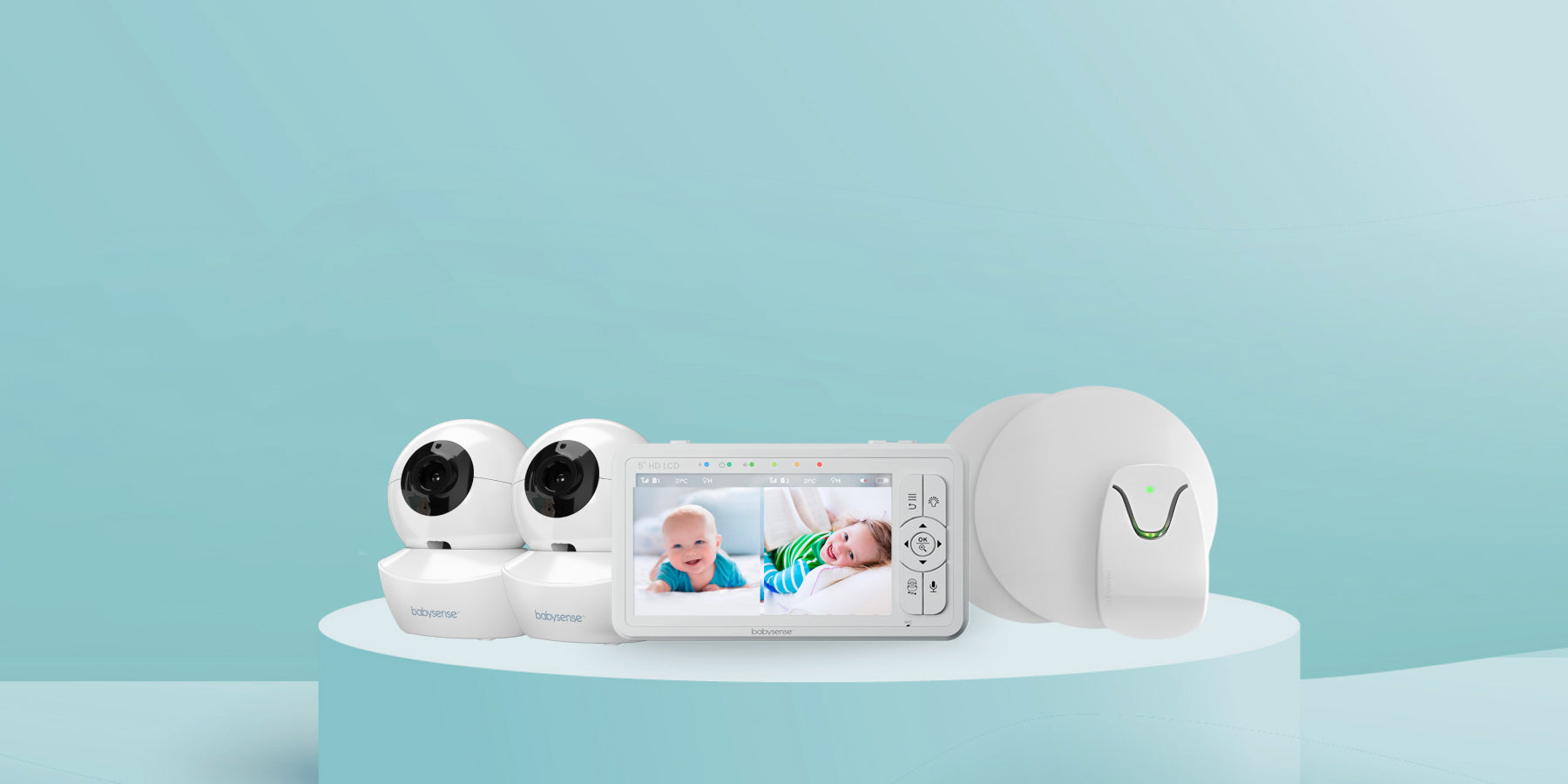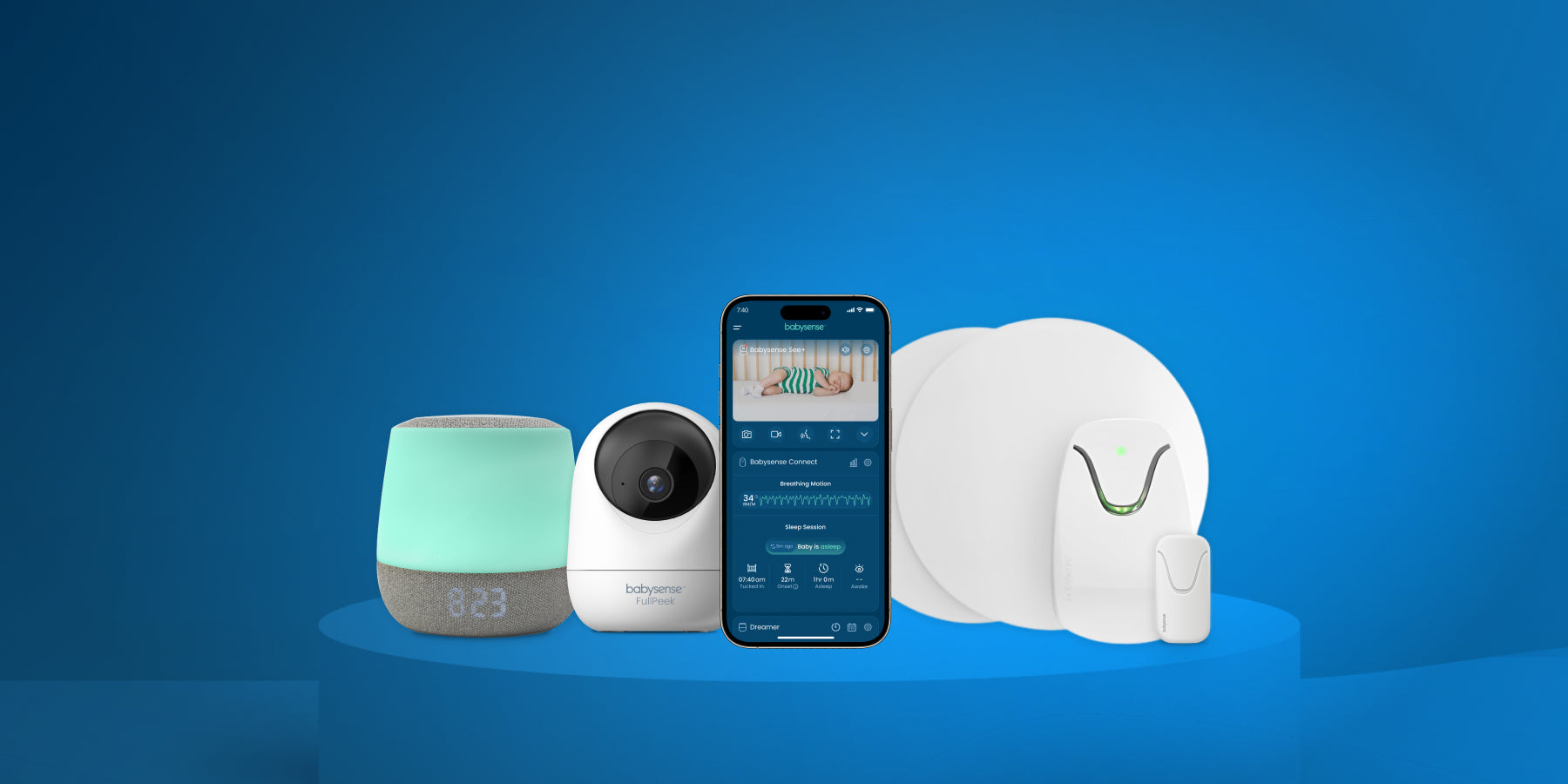With the rise of smart home devices, parents are increasingly turning to baby monitors for peace of mind. However, a common concern arises: Can baby monitors interfere with WiFi? The short answer is yes, they can, but the extent of the interference depends on various factors. This article will explore why this happens, how to identify interference, and most importantly, how to resolve it to ensure uninterrupted connectivity.
Understanding Wireless Interference
How Baby Monitors Work
Baby monitors operate using radio frequencies (RF) to transmit audio and video signals. There are two main types:
-
Analog Baby Monitors: Operate on lower frequencies (49 MHz, 900 MHz) and are less likely to interfere with WiFi.
-
Digital Baby Monitors: Often use 2.4 GHz, the same frequency as most WiFi routers, leading to possible interference.
-
WiFi-Enabled Baby Monitors: Transmit data over the home’s WiFi network, which can congest the network if not optimized.
Why 2.4 GHz Interference Happens
The 2.4 GHz band is widely used not just by WiFi routers, but also by other household electronics, such as:
-
Microwaves
-
Cordless Phones
-
Bluetooth Devices
-
Wireless Security Cameras
When multiple devices operate on the same frequency and overlapping channels, data congestion occurs, leading to slower internet speeds, increased latency, and connection drops.
Identifying WiFi Interference from a Baby Monitor
If you notice any of the following issues, your baby monitor may be interfering with WiFi:
-
Buffering or lagging when streaming video
-
Slow internet speeds when the baby monitor is turned on
-
Frequent disconnections on WiFi devices
-
WiFi signals dropping in rooms near the monitor
A simple test is to turn off the baby monitor and see if WiFi performance improves.
How to Fix Baby Monitor and WiFi Interference
1. Change WiFi Channels
Most routers default to automatic channel selection, but manually setting a channel can reduce interference:
-
Use channels 1, 6, or 11 for 2.4 GHz WiFi, as these do not overlap.
-
Use a WiFi analyzer tool (available as smartphone apps) to identify the least congested channel.
2. Use a Dual-Band Router (5 GHz WiFi)
Modern routers support dual-band frequencies (2.4 GHz and 5 GHz):
-
Switch WiFi devices to 5 GHz for faster, interference-free connections.
-
Keep only essential devices on the 2.4 GHz band, such as smart home gadgets that require longer range.
3. Position the Router and Baby Monitor Strategically
-
Place the WiFi router in a central location away from baby monitors.
-
Avoid placing the baby monitor near walls or large metal objects, which can reflect or absorb signals.
-
Ensure at least 10 feet of separation between the router and baby monitor.
4. Choose a Low-Interference Baby Monitor
Opt for baby monitors that use:
-
FHSS (Frequency Hopping Spread Spectrum) – Reduces interference by switching channels frequently.
-
DECT 6.0 (1.9 GHz) – A dedicated frequency band that does not interfere with WiFi.
-
900 MHz Analog Monitors – Lower frequency with minimal WiFi impact.
5. Upgrade to a Mesh WiFi System
If interference persists, consider a mesh WiFi system to improve coverage and automatically switch devices to the best channel and frequency.
Conclusion
So, can baby monitors interfere with WiFi? Yes, but with proper adjustments, interference can be minimized. By understanding how radio frequencies overlap, optimizing router settings, and choosing the right baby monitor, you can ensure both a reliable monitoring system and strong home WiFi.
For parents relying on WiFi-enabled baby monitors, the best approach is to optimize network settings, use 5 GHz WiFi for critical devices, and ensure physical separation between devices. With these steps, you can maintain seamless internet connectivity while keeping an eye on your little one.





